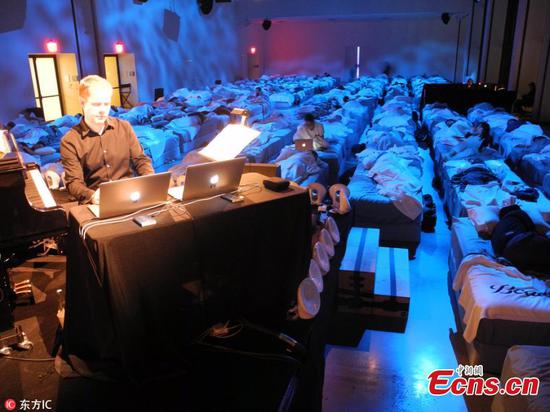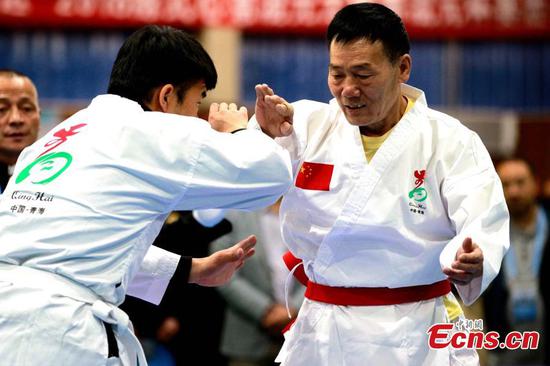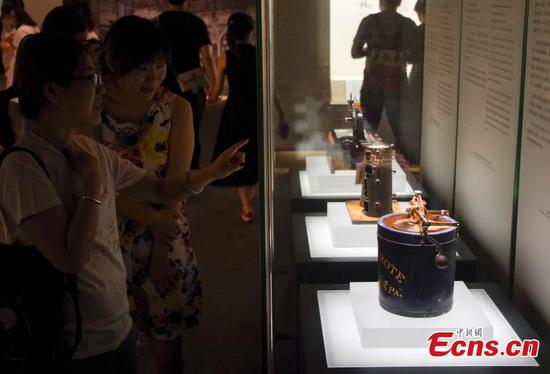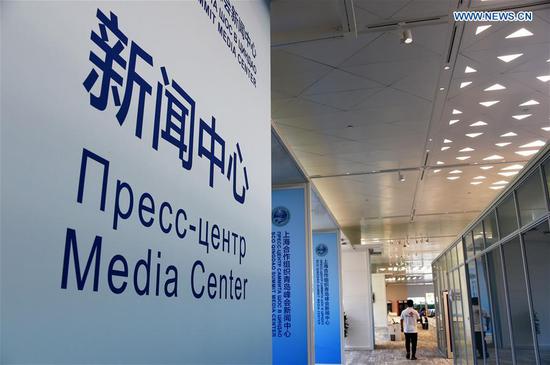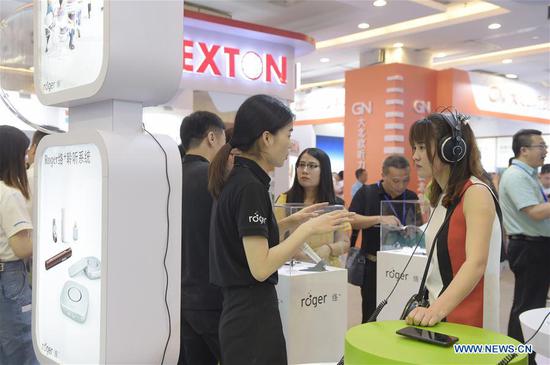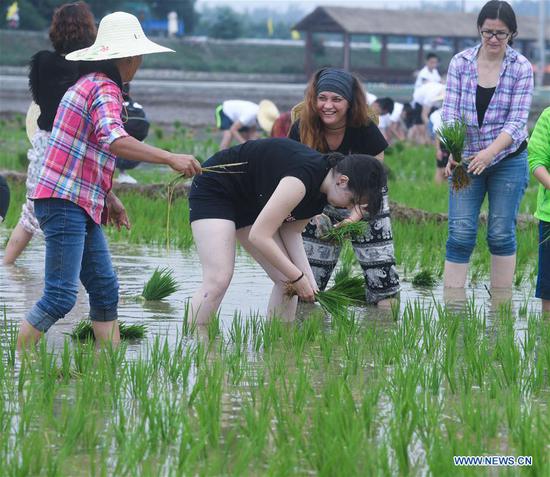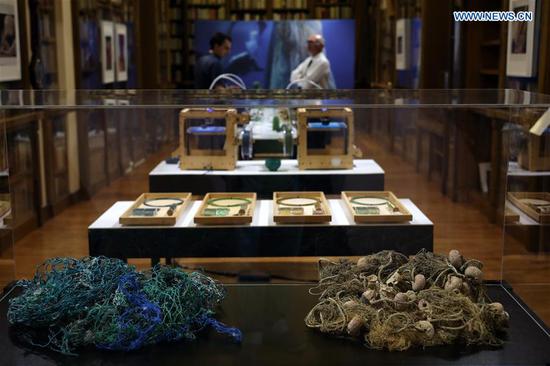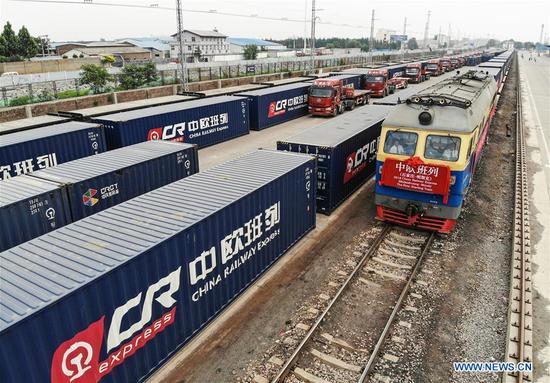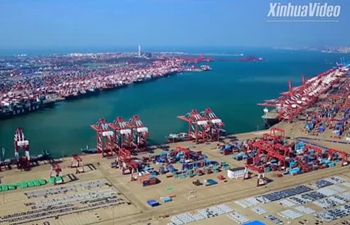Move benefits the economy and helps global trade at crucial time
China's recent moves to cut tariffs on more than 1,400 types of daily consumer goods aims to further open its doors and uphold the global multilateral trading system, senior officials said.
Facing challenges imposed by rising trade protectionism, China has adhered to multilateralism and opening-up, said Zhu Guangyao, then the vice-minister of finance, at a policy briefing hosted by the State Council Information Office on Friday.
The government has taken the initiative to reduce tariffs on daily consumer goods as one of the opening-up measures, demonstrating its firm support for the global multilateral trading system cored on the World Trade Organization, Zhu said.
Over the past four decades, China has substantially improved its comprehensive national power but lags in national income per capita, Zhu said. As a developing country, China's reducing tariffs at appropriate rates will increase the benefits for its own people and also contribute to the global trading system and the world economic growth, he said.
The reductions were approved at a State Council executive meeting, presided over by Premier Li Keqiang on Wednesday, effective on July 1. The move will boost opening-up, benefit domestic consumers and enhance industrial transformation, a statement released after the meeting said.
Average tariff rates for clothes, shoes, hats, kitchen items and sports products will be reduced to 7.1 percent from the current 15.9 percent.
Average rates for household appliances, including washing machines and refrigerators, will be cut to 8 percent from the existing 20.5 percent. Tariffs on aquatic products and mineral water will be 6.9 percent on average from the present 15.2 percent, while cleaning products, cosmetics and some healthcare products will be levied at 2.9 percent from the present 8.4 percent.
Since 2015, four rounds of tariff cuts have been conducted for daily consumer goods, such as sunglasses and diapers, to lessen the number of consumers shopping overseas.
The average tariff on daily consumer goods is 14.5 percent, 4.7 percentage points higher than the country's average tariff rate, said the Ministry of Finance. In 2017, China imported daily consumer goods worth $65.7 billion.
This time, average rates will be reduced to 6.9 percent from the current 15.7 percent for 1,449 items of goods, covering seven times the number of goods in the four previous rounds of tariff cuts, said Feng Jinping, director of the tariff department of the Ministry of Finance.
These goods account for more than 70 percent of annual imported consumer goods, worth $38 billion, Feng said. The amount of cut tariffs is estimated to be $3.3 billion this year.
Further tariff cuts will boost opening-up and meet the public demands, which will also force domestic producers to improve the quality and promote industrial upgrading, the statement said.
Feng Qiaobin, a professor in economics at the Chinese Academy of Governance, said the tariff cuts will fulfill China's commitment to further opening up to the outside world. In fact, the items are closely related to people's lives, such as household appliances, and so the cut also can reduce prices of these products and meet the public's aspiration for a better life, she said.
In the long run, the move will be beneficial for the economy and people, she said.
In his Government Work Report in March, the premier pledged to further reduce tariffs on some daily consumer goods later this year, which is expected to promote industrial upgrading and give consumers more choice with more balanced trade.
As the world's largest-developing country, China still has a long way ahead for modernization but will open its doors even wider, which will stimulate domestic reforms, the premier said at Wednesday's meeting.
Li also urged related departments to carry out detailed measures for the tariff cuts and prevent any surcharges by middlemen to give consumers a real sense of gain.











